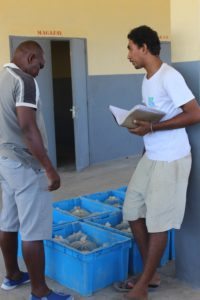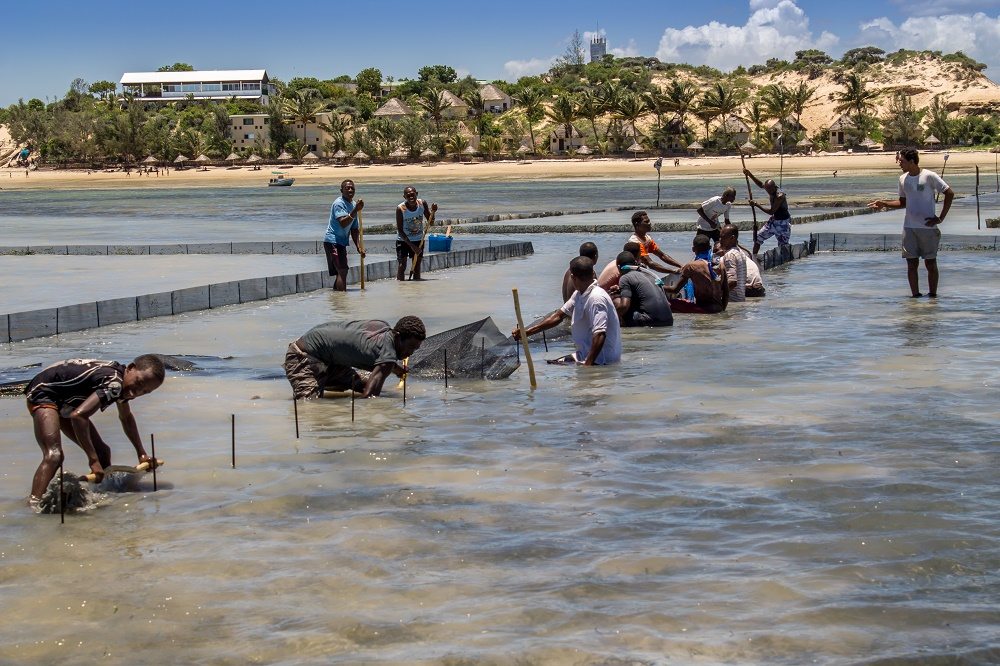Staff Interview: Aimé Safidinjanahary
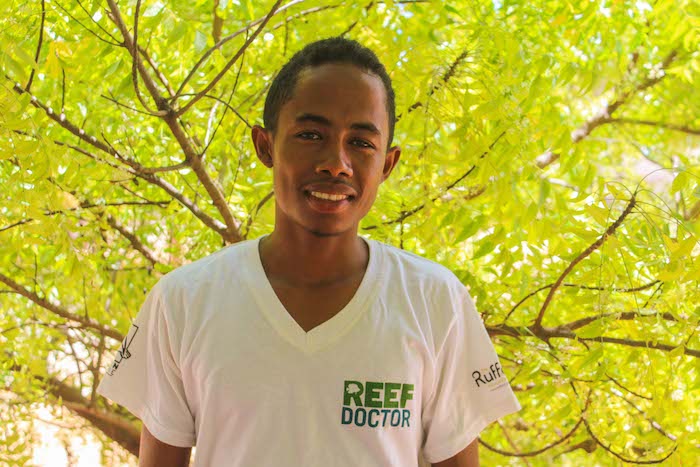 Name: Aimé Safidinjanahary (Notahina Noëldo Aimé Rica)
Name: Aimé Safidinjanahary (Notahina Noëldo Aimé Rica)
Age: 22
Job title: Nurse
Qualifications: Bachelor’s degree in paramedical at INSFP (Institute of Training of Paramedicals) in Toliara
Tell us about your professional experience.
During my studies, I completed an internship at the Emergencies of the Tanila Toliara University Hospital. I also worked as an intern at the CSB (Basic Health Centre) Ifaty for 8 months, before being recruited by Reef Doctor.
How long have you worked for Reef Doctor?

9 months.
How did you find out about the job?
While I was doing my internship at Ifaty’s CSB, the former project manager’s partner, Emma, who is a midwife, came to the CSB. We discussed the CSB and communities, children, target diseases and deliveries. Reef Doctor then decided to start a collaboration with the CSB and hired me to work at the CSB and lead awareness raising sessions.
What is it like to work for Reef Doctor?
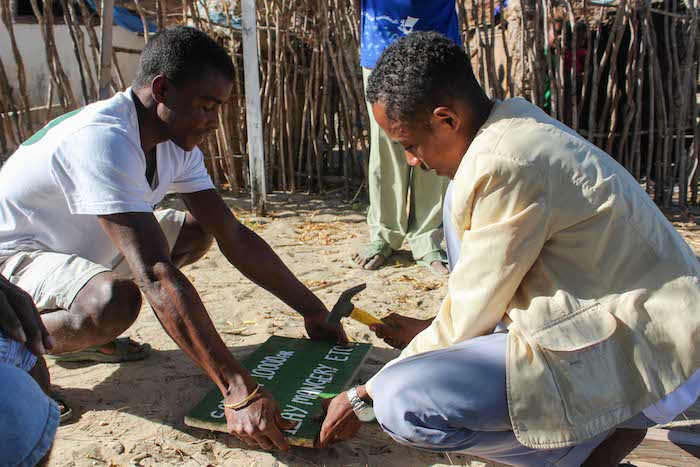
I like it a lot because the position involves my field, health. It’s not easy but I try to adapt and solve the problems that arise. I really like working with the aim to change the behaviour of communities and I enjoy meeting staff, volunteers and interns from all over the world. I also like the collaboration and solidarity between Reef Doctor and the communities.
What is the best part about working at Reef Doctor?
Raising awareness, I am passionate about public health, and when you talk openly with people and get their attention and interest, you know your work will have an impact.
What are you most proud of in your Reef Doctor work?
The prohibition of open defecation, now subject to fines, and the installation of the signs reminding the community.
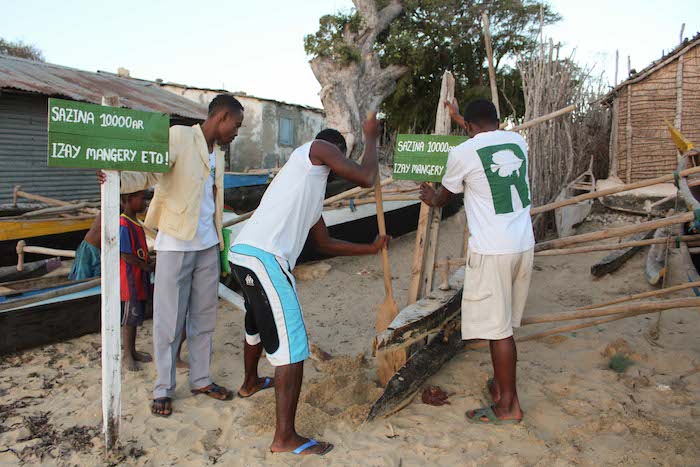
How does your family feel about working at RD?
They are very happy that I work at Reef Doctor because my skills have improved since I started working here. My language skills (in French and English) have also improved.
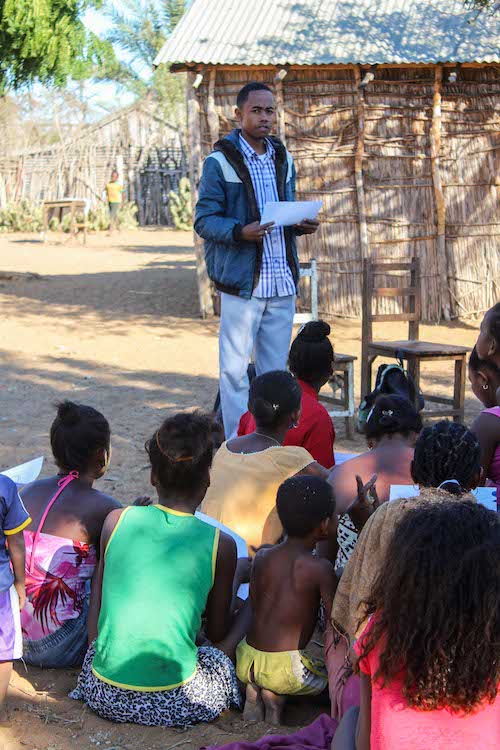
A typical day
There is no real typical day as I do something different every day. Each morning I go to the CSB where I care for the sick. On Tuesday afternoon I focus on communication for behavioural change as well as information and education, on subjects such as manners, hygiene (WASH) and health in Ifaty. Sometimes I organise meetings, sometimes I go to see people directly, and I also work on interpersonal communication, sometimes with door-to-door, home visits. On Wednesday afternoon, I raise awareness about family planning, every week in another village, with women as the target audience. On Thursday afternoon I stay at Reef Doctor to prepare the hygiene and health classes. On Friday afternoon, I give first aid courses to Bostata and Manjo, our boat captains. On Saturday morning, I run hygiene and health classes for the Reef Doctor Juniors as well as interested people over 14 years old.
Where do you see your career going in the future?
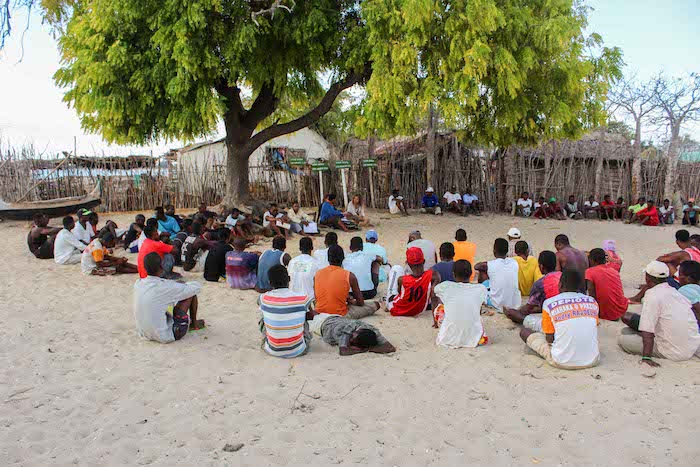
I still see myself working here for a few years and then I might go and work for other NGOs on health and hygiene awareness raising as well as malnutrition. I would also like to work abroad. My dream is to go to Canada!
What do you think are the most urgent health issues?
At the community health level, the problems are mainly monetary. If they do not have money, they cannot go to hospital. Poverty is the biggest health problem because if families are poor, health is hard to manage.
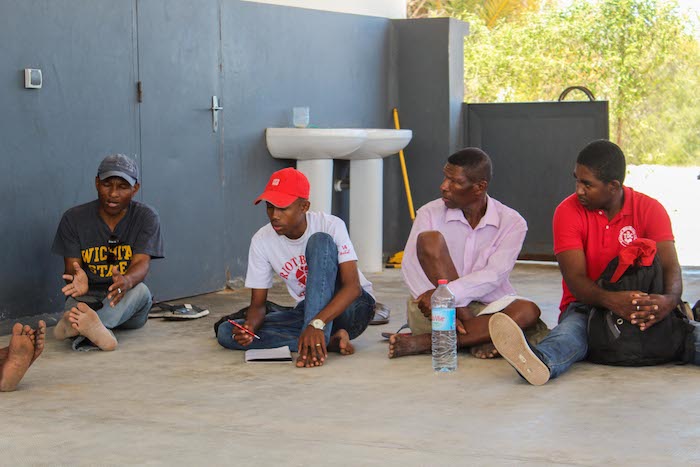
The diseases resulting from dirty hands are the most important: diarrhoea, abdominal pains, typhoid fever, cold, etc. Here in the Southwest, health problems are linked to lack of awareness and too much respect for tradition. For example, if health workers raise awareness in communities, traditions are sometimes too entrenched to change behaviour. Traditions like ‘do not use latrines because grandparents and ancestors did not use toilets’ are an obstacle to the improvement of the communities’ health.
How do you improve things?
In my opinion, the best solutions are awareness and communication for behavioural change. Behavioural change is very effective for improving health. A good technique to use is the scientific explanation of the causes of diseases and how one can avoid diseases.
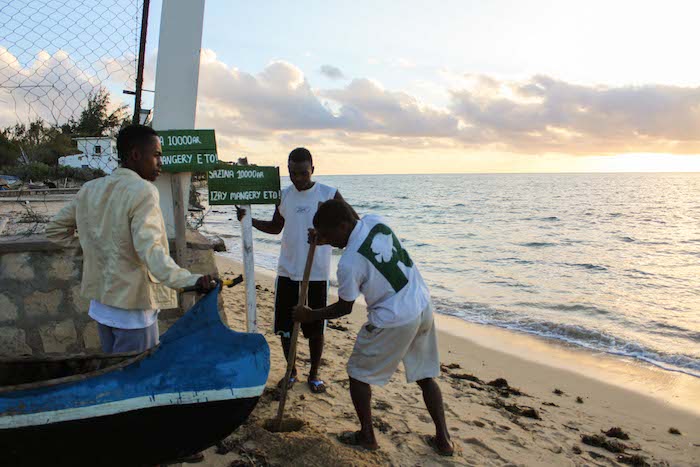
Interview and pictures by RD Comms Officer Karin Moehler

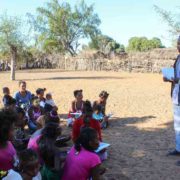
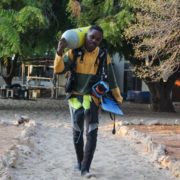
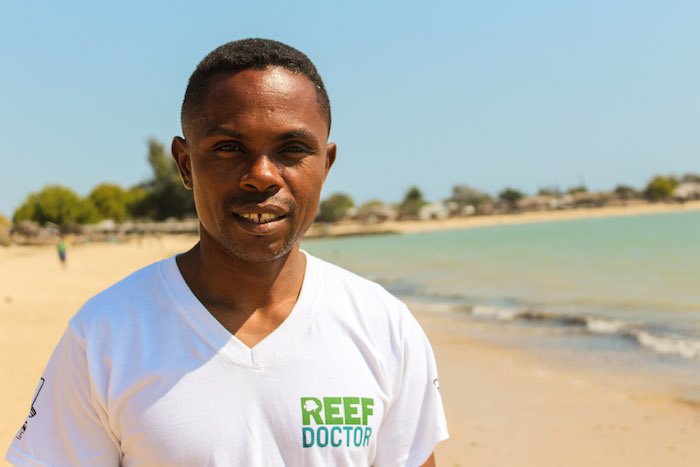
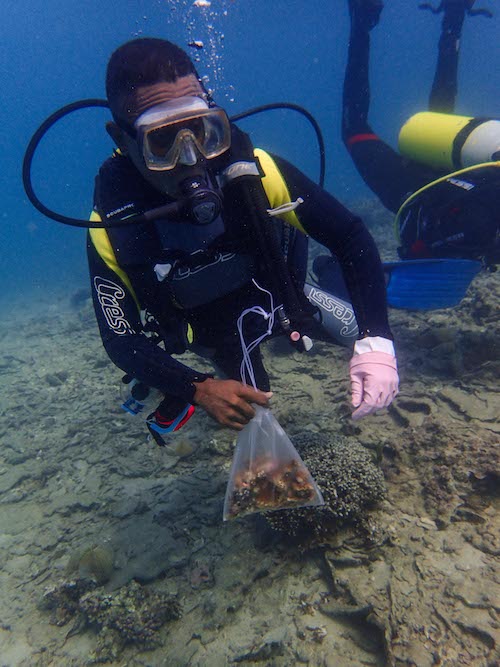
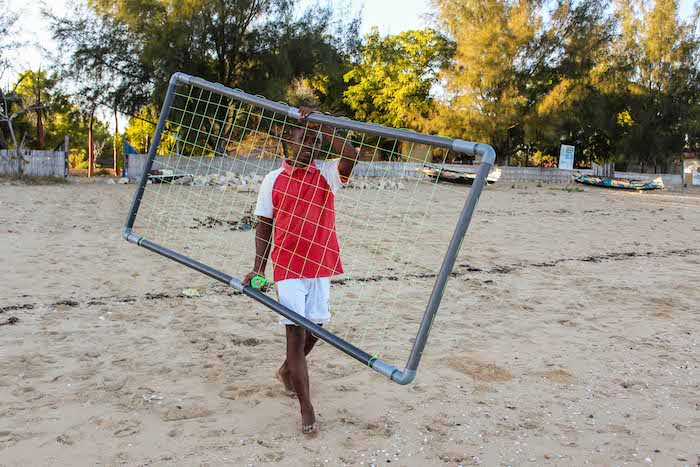
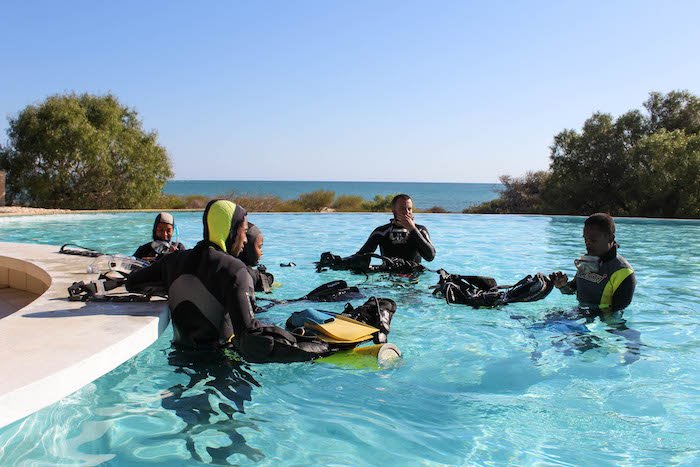 How does your family feel about you working at RD?
How does your family feel about you working at RD?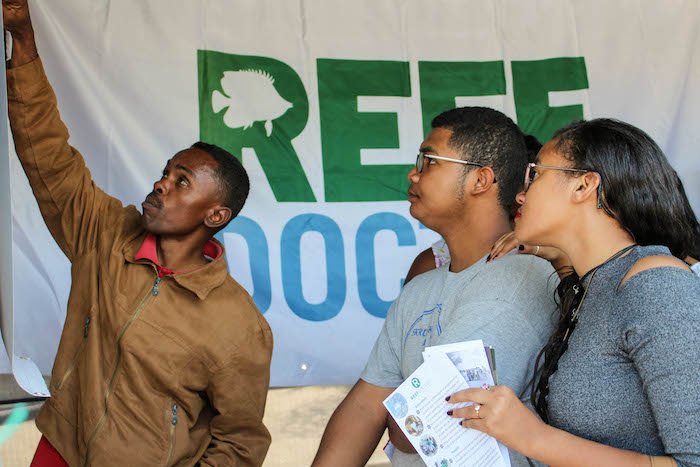
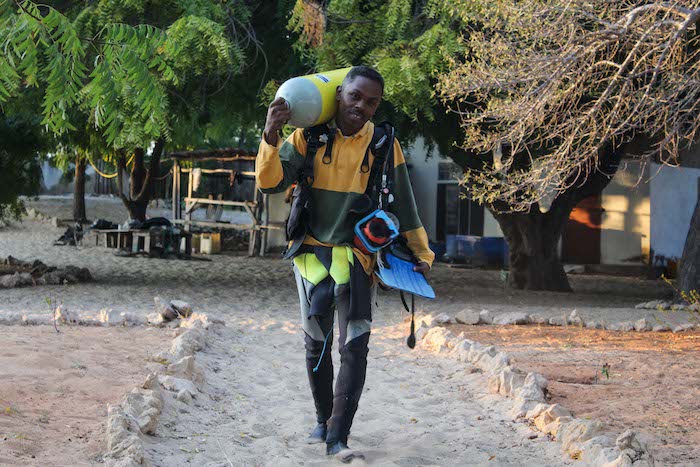
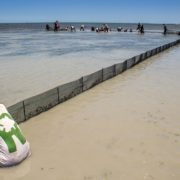
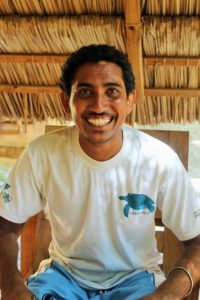
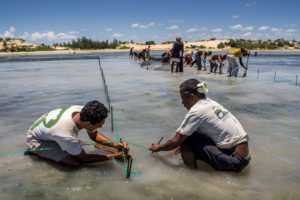 working at Reef Doctor. I like that I get the opportunity to have different experiences like diving. I learned to swim and scuba dive at Reef Doctor. I also enjoy learning all the fish species in the bay.
working at Reef Doctor. I like that I get the opportunity to have different experiences like diving. I learned to swim and scuba dive at Reef Doctor. I also enjoy learning all the fish species in the bay.